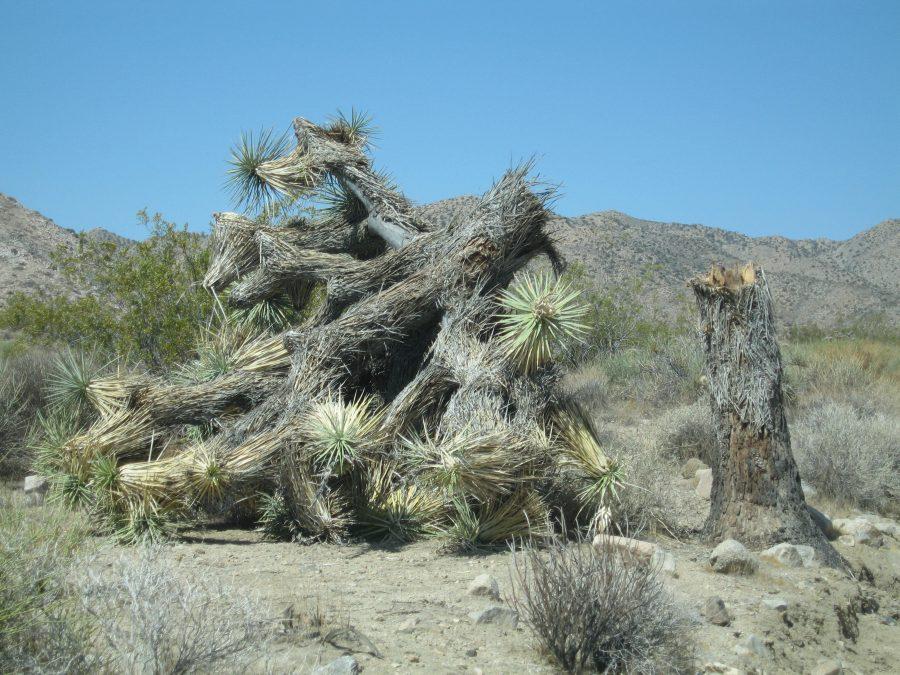Government shutdown has severe consequences for national parks
As the government shutdown heads is in its third week, the nation is beginning to feel the effects of the stalemate in negotiations between the Democrats and Republicans.
With no signs of the shutdown ending anytime soon, many services are beginning to feel the financial impacts of the lack of revenue.
Joshua Tree National Park in southern California is no exception to these funding issues. Earlier this week, the park announced that it would have to close due to lack of funding.
Regardless of the government being shut down or running, there should be a system in place to ensure the funding, or at least protection, of national parks. Without funding, park staff, visitors and most importantly nature itself suffers the consequences of unmanaged vandalism.
In spite the shutdown, Joshua Tree National Park originally decided to stay open.
It is unclear what made the park staff change their decision, but they are now operating on saved up funds from visitor donations, according to ABC News’ Stephanie Ebbs.
During this time, some visitors took the opportunity of the lack of supervision due to the park’s understaffing to chop down two of the famous Joshua trees in order to bring vehicles into a sensitive area that is usually closed to such activity.
Luckily, repairs will occur at the park thanks to saved funds but this will not be a reliable source forever.
The decision to cut into saved visitor fees has allowed the park to re-open some areas, as well as bring some of their staff back on, but Ebbs’ reports that this draining of funds will leave even less money for maintenance projects in the future.
Much of the animal and plant life within national parks are protected species or endangered species and cannot afford the lack of protection they are receiving.
While the Joshua trees are not listed as an endangered species, they are vulnerable to climate change and need a cold period to flower. According to National Geographic, by 2100, scientists expect all of the Joshua trees in the park to be lost due to climate change.
Philip Kiefer of National Geographic notes that the Joshua trees and the yucca moth depend on each other symbiotically for survival and due to climate change, the moth is unable to survive – thus making it impossible for the trees to do so, as well.
The fact that some people decided to cut down two of these iconic desert trees is terrible news for the park and its ecosystem. If the projections prove to be true for the loss of Joshua trees, then the lack of governmental protection is only exacerbating this issue.
The park’s natural wildlife is already fighting the climate. Adding reckless humans into the equation is only tipping the scale further.
Furthermore, the lack of funding and the need to dip into reserve funds will only increase the potential of more problems down the line, and make it harder for the park to deal with these problems.
This is an imperative example to consider when discussing government shutdowns – that such events have more than one impact.
Governments have a responsibility to both the people and the planet and both parties cannot afford to wait much longer for the federal shutdown to resolve.

















































































